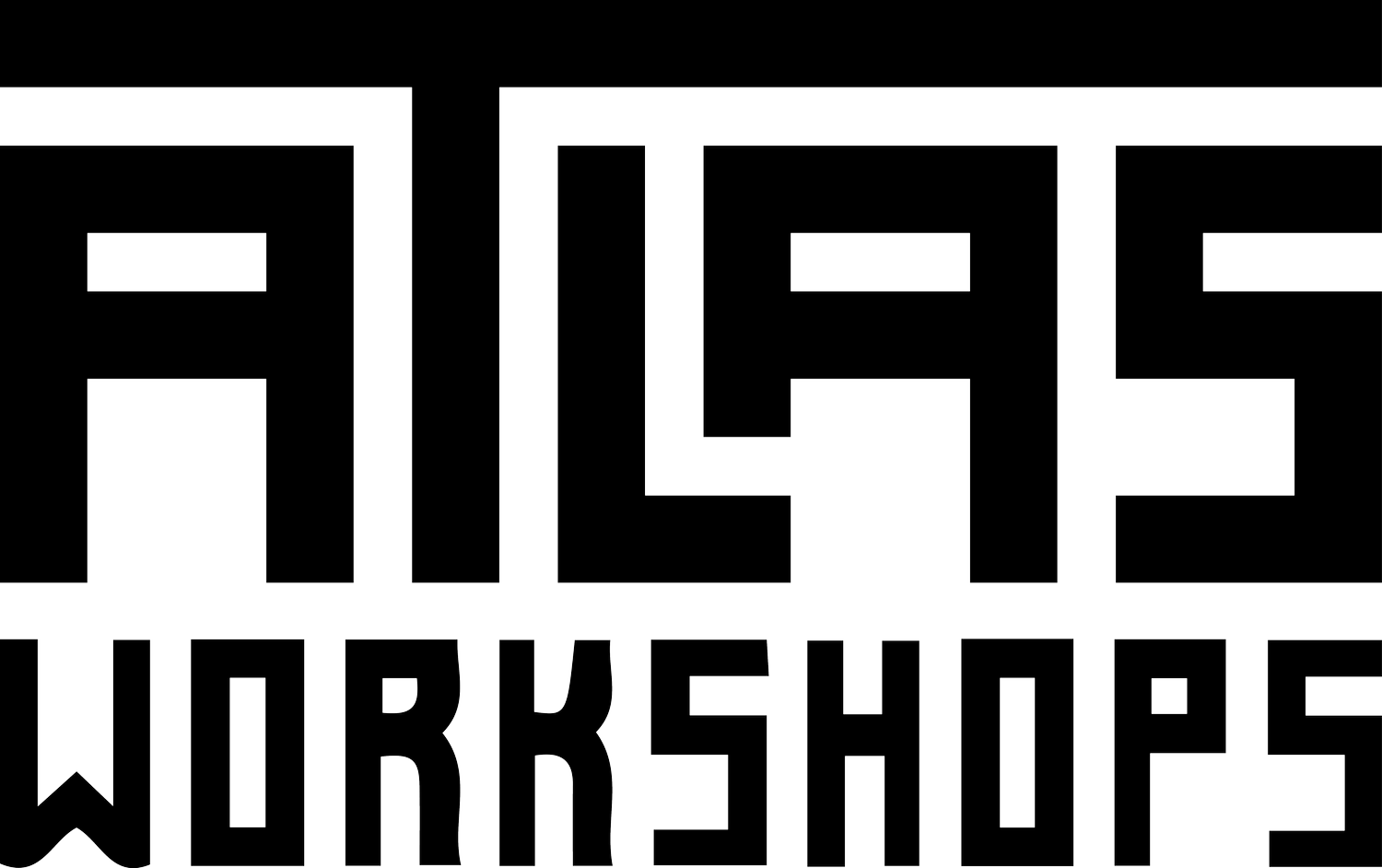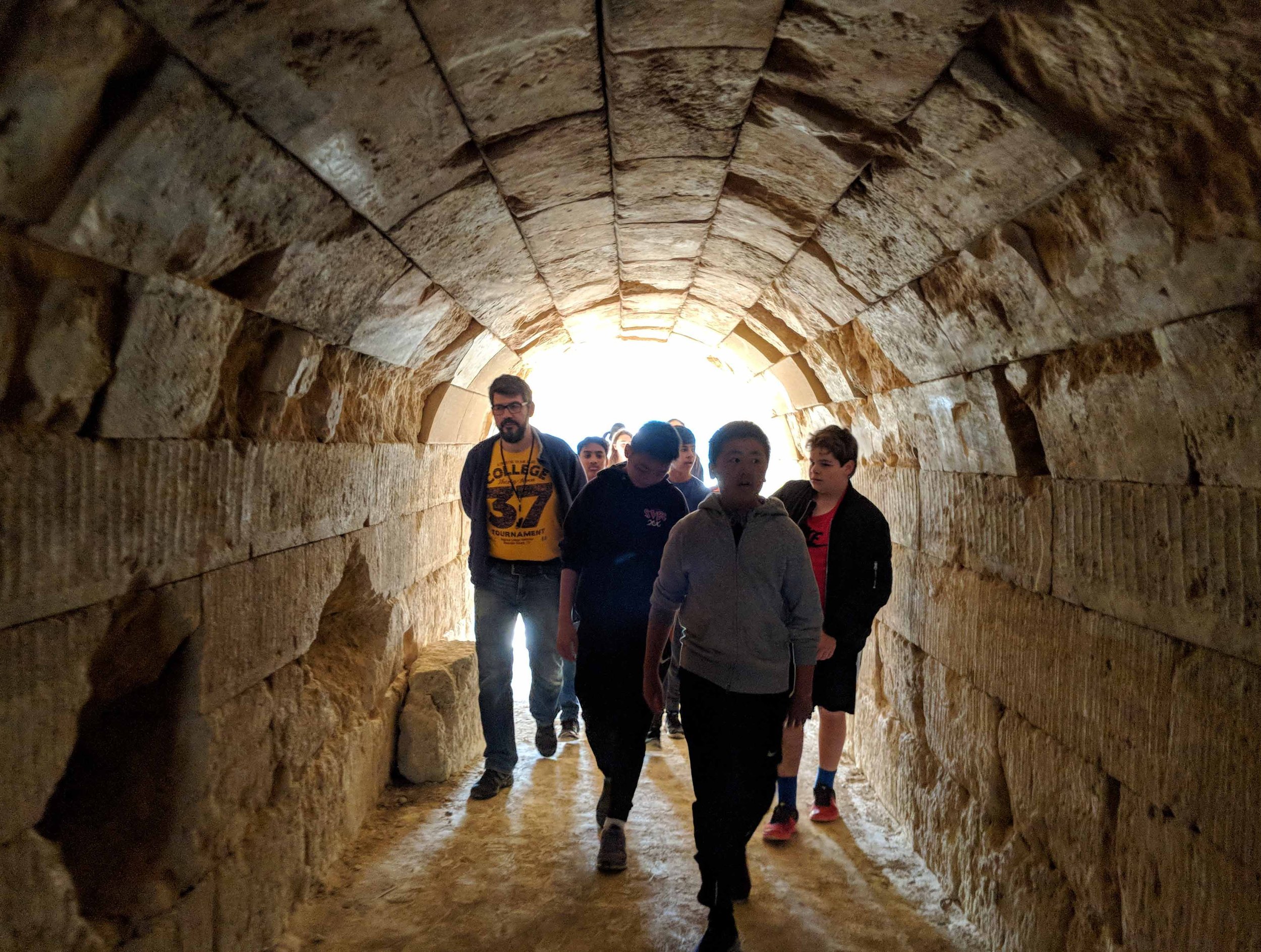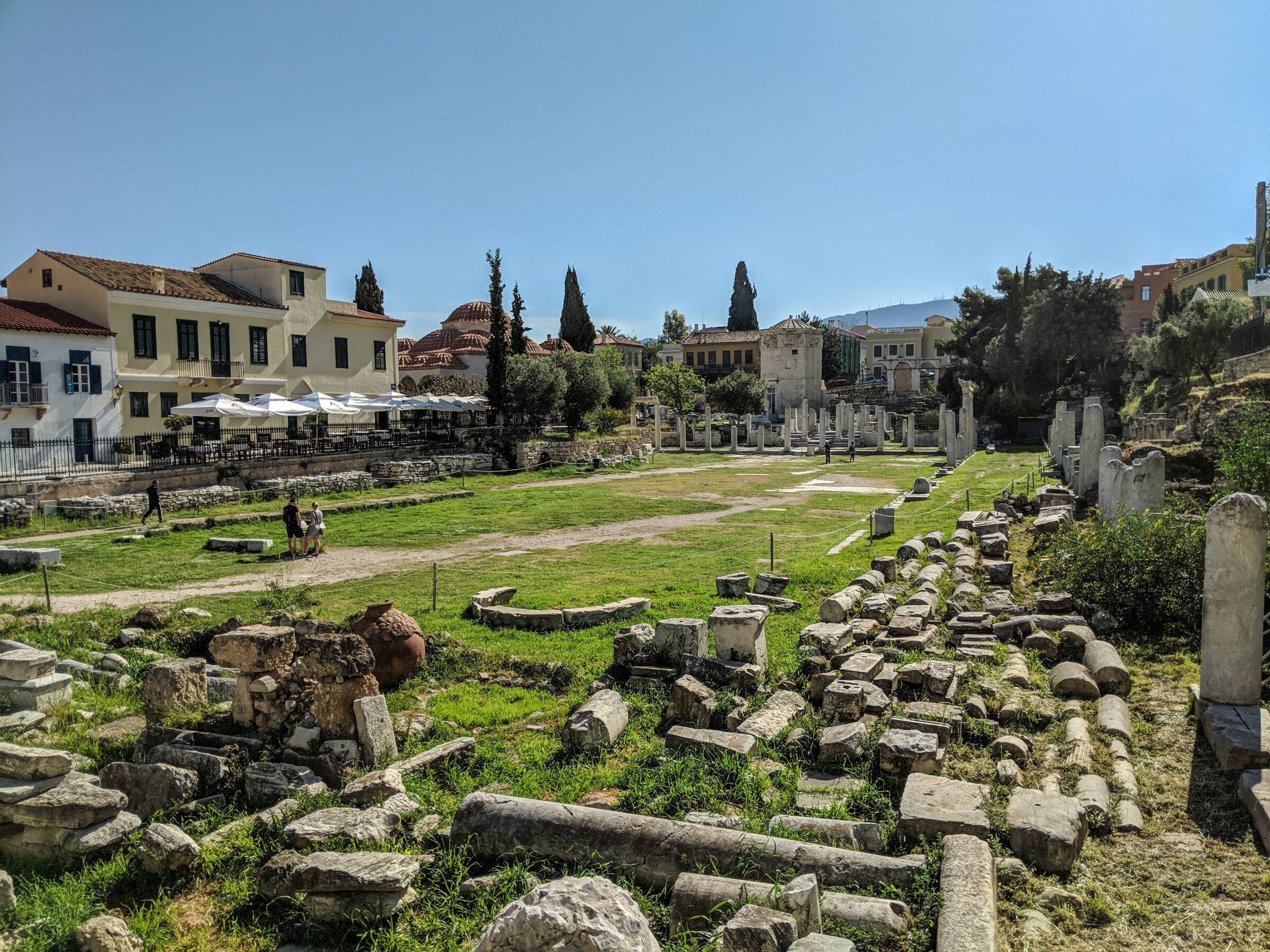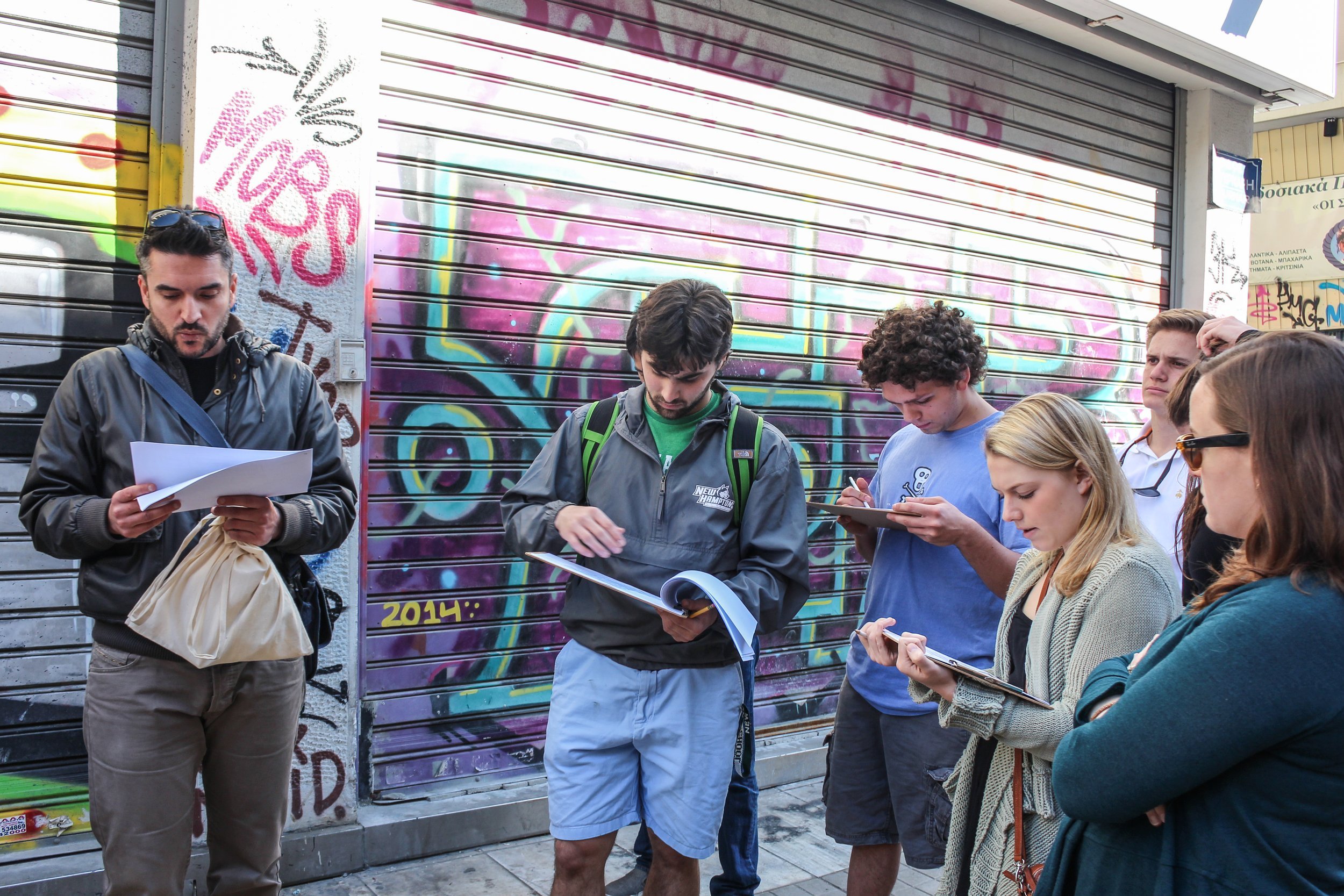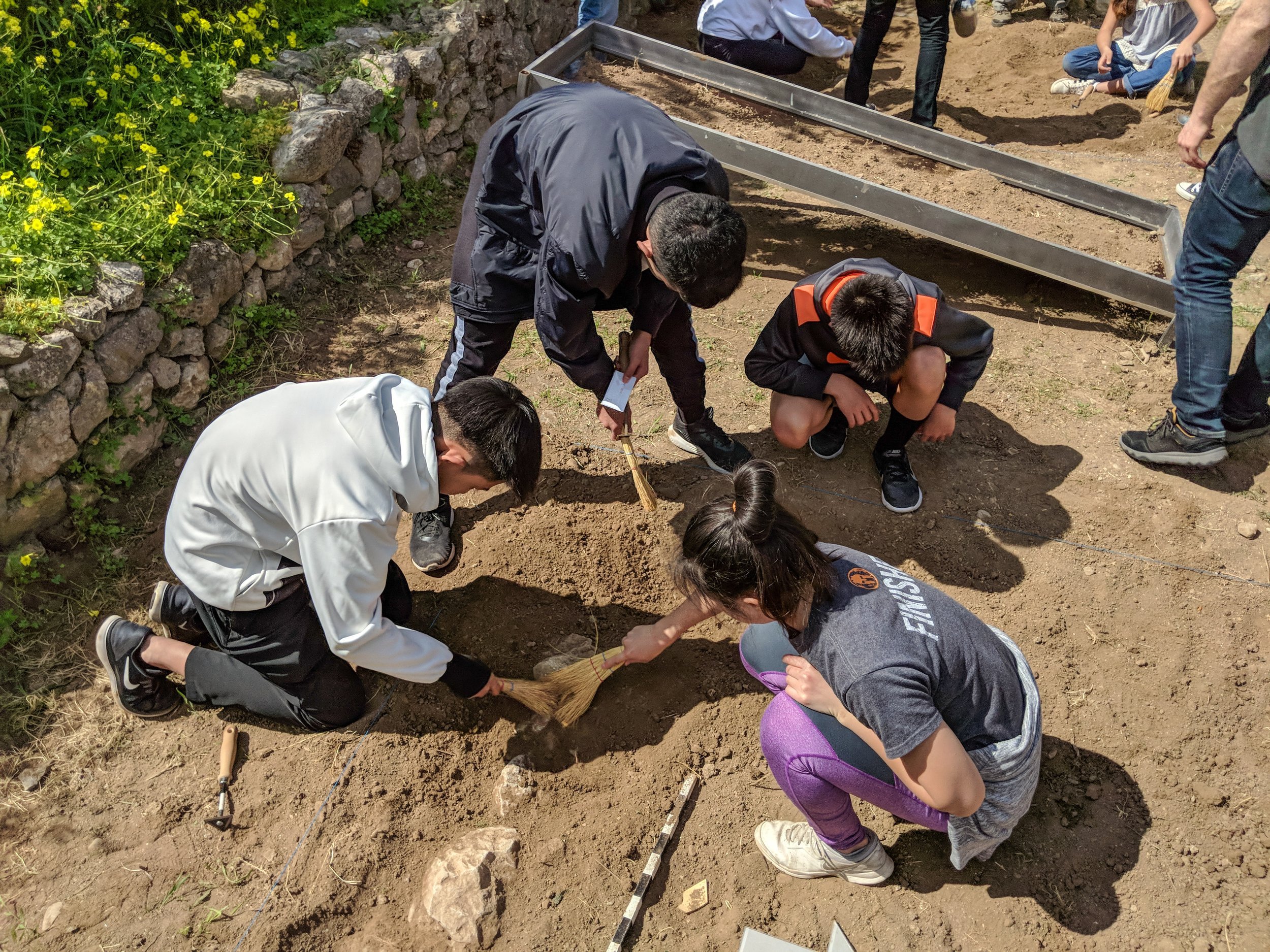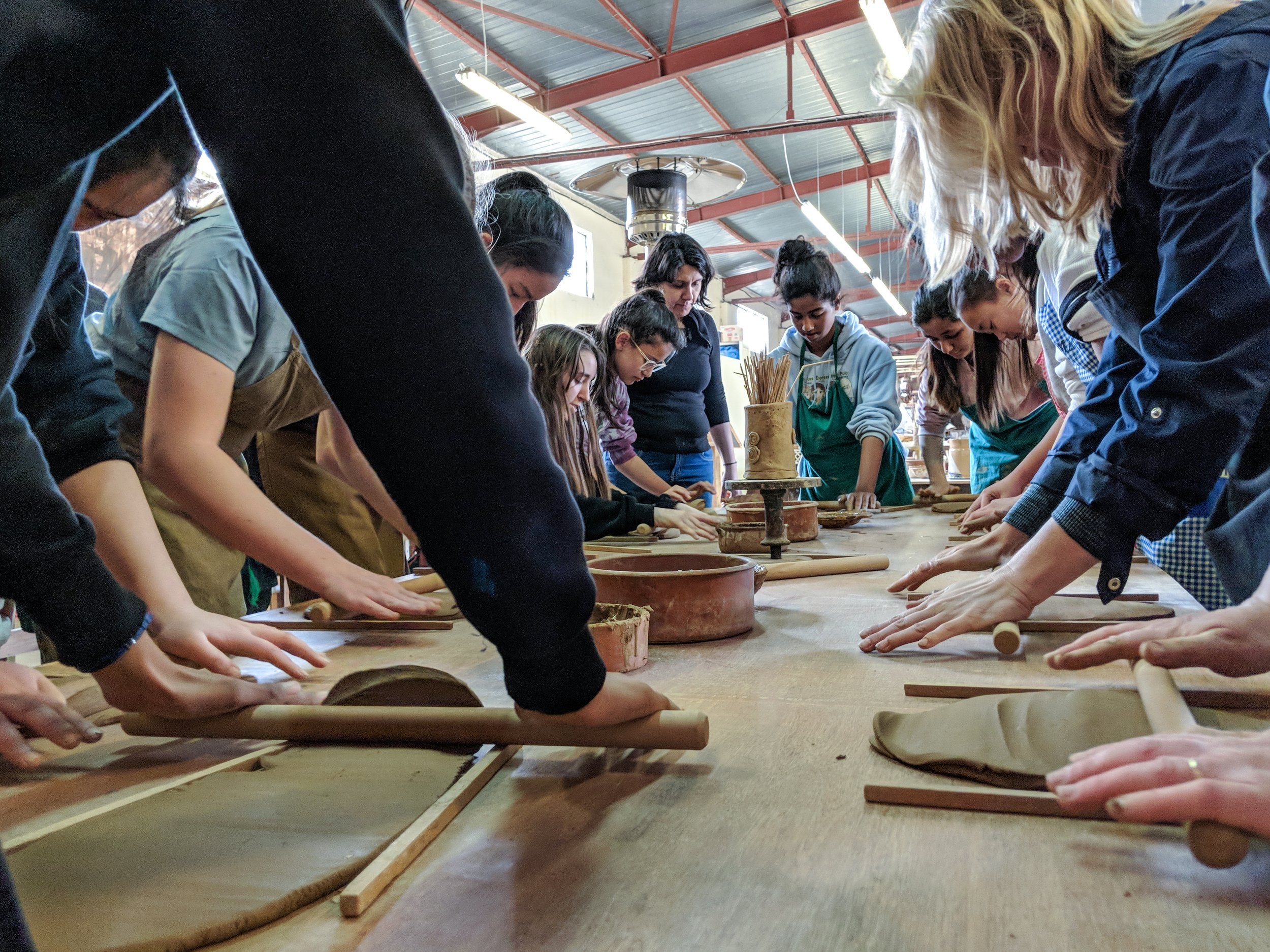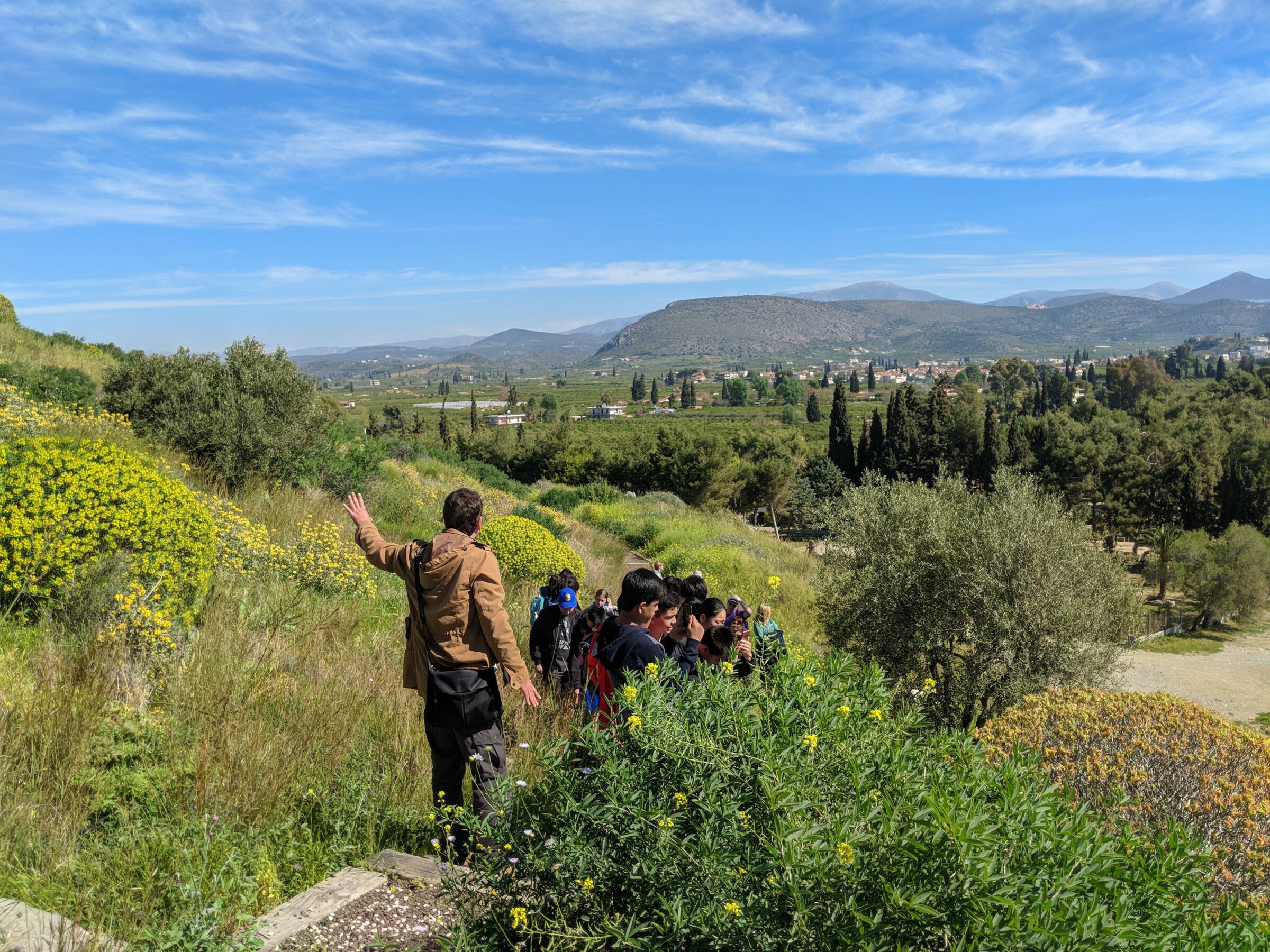Summer Professional Development: Greece
Unpacking Ancient History in Today’s Context
June 29-July 5, 2025
How does the legacy of ancient Greece shape modern society, and how can we help students make these connections?
Why Greece for Teachers?
People around the world study Greece to learn about ancient history, society, and the roots of Western civilization. But the way this history is laid out in textbooks and museums often paints a narrow picture. Too often we miss the opportunity to foster critical conversations about our understanding of the past, and how it influences our perspective on the present.
How is our understanding of history shaped by those who are telling it? How can we bring the relevance of ancient history, and historical places, to life for our students? And how can we, as educators, expand how we talk about history, classics, and their connections to the multifaceted experiences, identities, values, and cultures of our students today?
This summer join our team in Greece for an opportunity to:
Visit key sites and learn from Greek historians, archaeologists, and scholars as we unpack the dominant and counter narratives that make up the story of Greece and draw new connections to the issues and ramifications we experience in our modern context.
Have collaborative conversations with locals on what defines their Greek identity and culture, and how those definitions are influenced by historic and cultural narratives as well as current events.
Reflect on our own identity, culture, and assumptions, and how they show up in our classrooms daily.
Critically examine the way we understand and teach ancient history, and develop new tools and strategies for curriculum both in and outside the classroom.
Working Itinerary
June 29: Athens Opening
We’ll begin with an orientation on the evening of June 29, where we will meet our Greek facilitators and have an introduction to Greek identity in the capital city. We’ll also get to know one another and enjoy a welcome dinner and walk through the old center of Athens.
June 30-July 2: The Peloponnese
We’ll then head across the Isthmus of Corinth to our second base in Nafplio, the original capital of modern Greece. From here we’ll have the opportunity to visit several major archaeological sites, including Mycenae, Epidaurus, and Elefsina, to consider Greece’s relationship with its past and how that past is interpreted around the world. We’ll also participate in several hands-on cultural workshops and get to know local artisans, historians, and other experts for a lens on the relationship between cultural identity, tradition, and place.
July 2-5: Athens Closing (+ Aegina Island Day Trip)
Returning to Athens, we’ll dive into expert meetings in the city and connections with local NGOs, artists, and activists showcasing the way Athenians think about both past and future. Our time here will include visits to key historic sites like the Acropolis and Acropolis Museum, alongside lesser known sites and “hidden gems” to delve into questions of preservation versus progress and which remnants of history we consider worth saving. We’ll also take a day trip to the island of Aegina, where we’ll go on a scenic hike and stop at The Temple of Aphaia.
We’ll have a closing reflection the evening of July 4th, with an opportunity to workshop how to integrate new ideas into our work at home, or future programs in the field. We will plan for participants to depart (or embark on their own further travels) on July 5th.
Who Should Join?
This program is geared toward K-12 educators with an interest in global education, history, and humanities and the connections between field experiences and classroom learning. While we think it will be especially applicable for middle and high school educators, the themes covered are relevant to all age levels and disciplines. We are excited to gather a diverse group of educators eager to collaborate on this work and conversation.
Program Price:
$2,600 per Traveler
What’s Included:
This program cost is all inclusive from arrival and the first dinner through the final day of the program. This fee covers all lodging (6 nights), transport, entrance fees, expert meetings, and programming as outlined on the final itinerary. This program fee includes all travelers staying in a private single room. If you prefer to share a room with a colleague we can offer a reduced rate.
This program fee does not include travel insurance, airfare to or from Greece, or airport transfers. We are happy to help arrange any of these!
Financial support is available. These travel grants can be used to reduce the cost of the program (but cannot cover airfare or extra expenses). Please contact us with your target budget as soon as possible as resources are limited and shared across the group.
